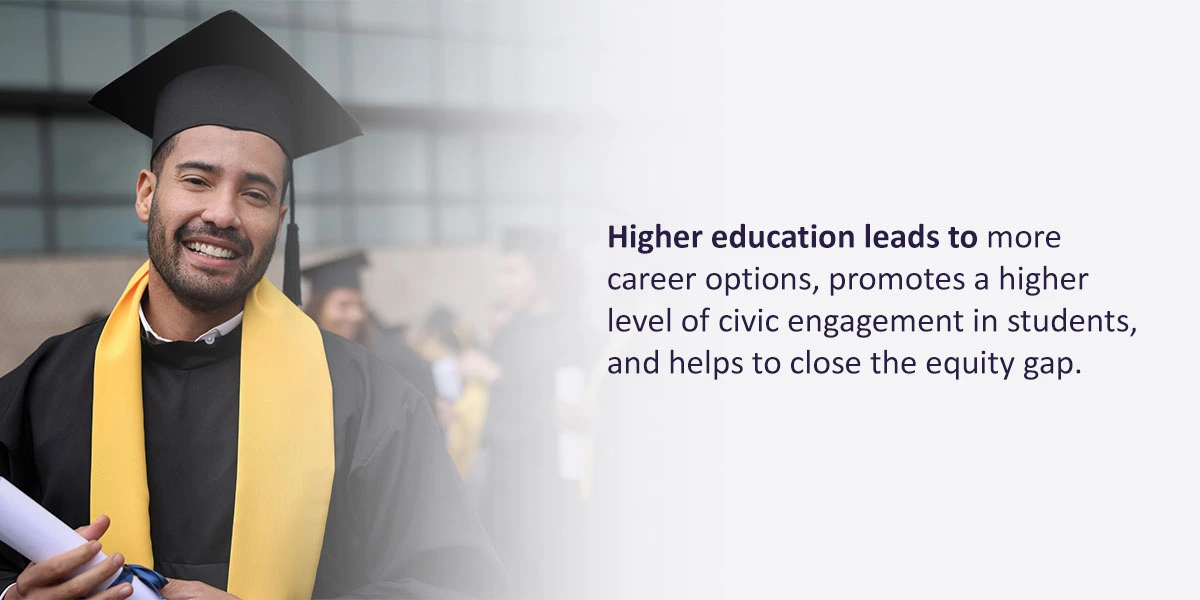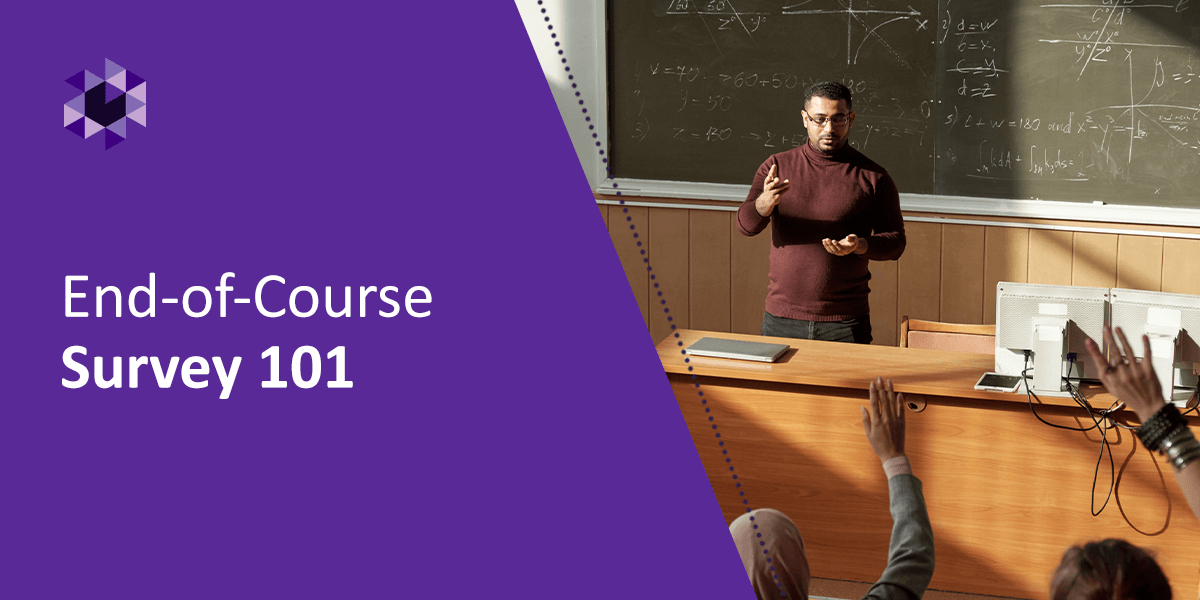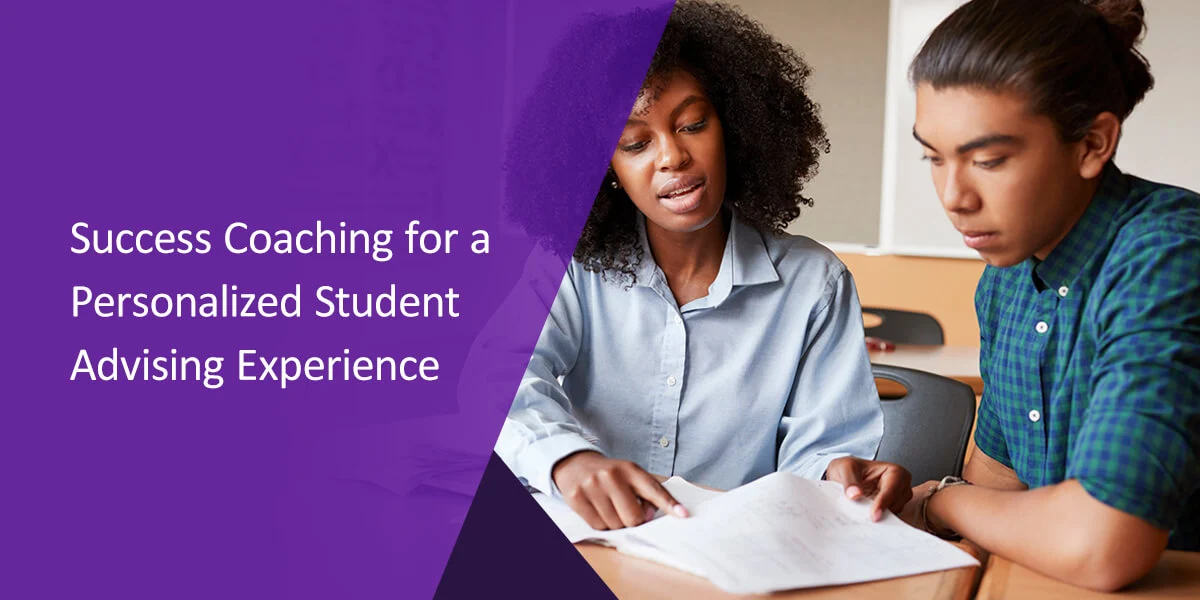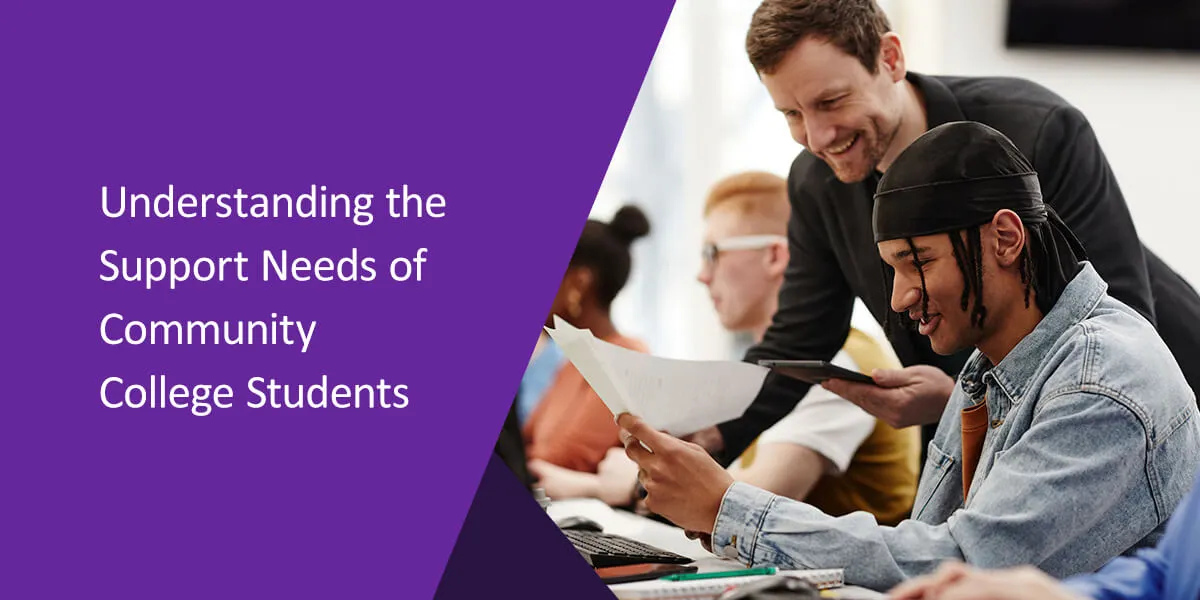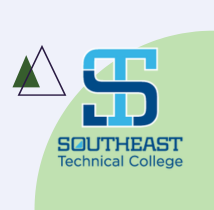



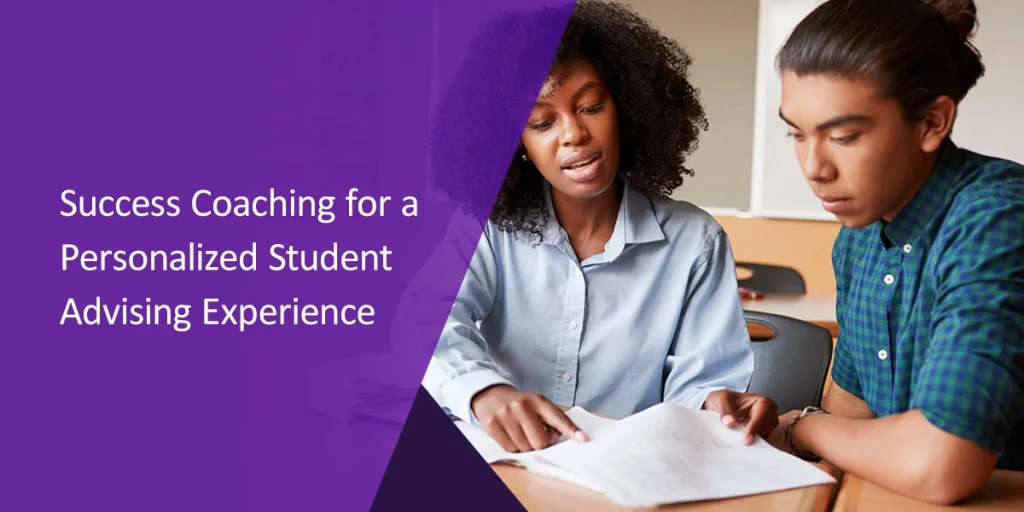
Recent years have brought cosmic shifts for higher education institutions. Virtual options replaced in-person classes, resulting in unprecedented challenges to academic advising. Students often lose momentum without the support and guidance of mentors and advisors. The additional external influence could lead them to make the decision to drop out.
Unsurprisingly, the shift to remote learning made it challenging to keep students engaged. Survey results published in 2021 showed that 21 million adults in the United States canceled their higher education plans due to COVID-19.
Institutions may require a more individualized approach to retain, engage, and ensure success among students. With student success coaching, students can enjoy a customized advising experience enriched with guidance throughout their academic careers. Technology-enabled success coaching has a favorable impact on student retention and can foster better student engagement and satisfaction.
Colleges and higher education institutions must focus on retaining students, not enrolling them. One of the methods for achieving this goal is leveraging success coaching frameworks to provide students with scaled, targeted individual attention.
Success coaching is a branch of student advising, personalized to the needs and objectives of students. The premise is to support and guide students, both academically and in non-academic spheres. This holistic, vigilant advisory approach supports the student as a human being, taking into account their individual situation.
External elements can cause students to lose focus, fall behind, and lose connection with their educational journeys. Institutions must address challenges like financial limitations, preparation skills, and time management.
Success coaching is a process that equips students with the skills to devise a personalized approach to their studies. Academic success coaches work one-on-one with students and serve as a helpful resource for academic-related challenges, providing goal-setting advice and coping skills for high-stress situations. Common topics covered in academic success coaching sessions include the following:
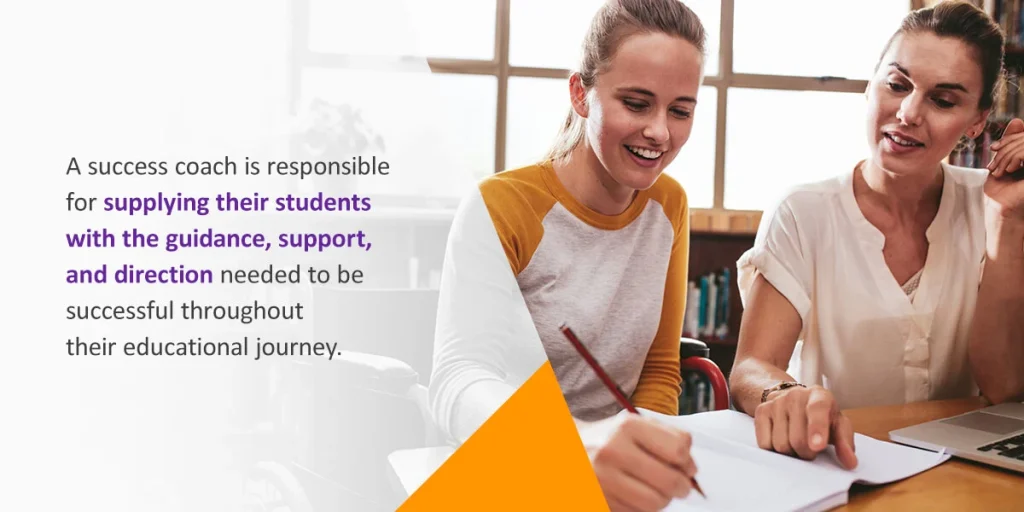
A student success coach is a single point of contact, connecting students with resources within the institution and local community, such as financial aid, housing, food, transport, child care, broadband access, and other technology. Success coaches supply students with guidance, encouragement, and skills they need for an impactful academic journey. A success coach is responsible for supplying their students with the guidance, support, and direction needed to be successful throughout their educational journey.
Success coaches and advisors have overlapping roles and share similar qualities, but there are elements that set them apart, including the following:
Higher education institutions must hire the right people for student success coaching to impact students and provide them with actionable skills. Traditionally, success coaches fall into two groups — retired educators and those with previous education experience, or HR professionals, social workers, and people from a student affairs background. The best success coaches have experience cultivating meaningful one-on-one connections focused on student needs. They know their way around and can help the student make connections they might overlook on their own.
Both academic advisors and success coaches are critical in successful higher education and student support. Academic advisors are experts in policies, procedures, degree requirements, and making the most of campus resources. Coaches, conversely, have expertise in the coaching process and help students make changes and develop academic autonomy. Academic success coaches and advisors are complementary roles, with student success as their primary objective.
There is much evidence of the benefits of student success coaches in higher education institutions. In fact, students who were assigned a success coach were 4% more likely to stay enrolled for two academic years. Success coaching can also significantly impact minority and diverse student demographics. Black students with a success coach are 8% more likely to remain enrolled for a year and 18% more likely to stay registered for two academic years. The benefits of success coaching are clear in an industry where a 2% change is significant.
Student success coaching benefits everyone who takes part in the process. Equipping students with information, guidance, and support from a mentor who accompanies them throughout all stages of their journey toward degree completion can result in state and national subsidies.
Quantifiable data can enhance the student experience in various ways and provide an additional layer of personalization to the student experience through avenues such as success coaching. With data-driven insights, academic success coaching programs can:

Watermark Student Success & Engagement empowers students to get the most out of their education and simplifies locating support and additional resources. With actionable data, you can identify vulnerable students and adopt a proactive approach to getting them back on track.
Request a demo today and see how Watermark can impact your student success.




































































